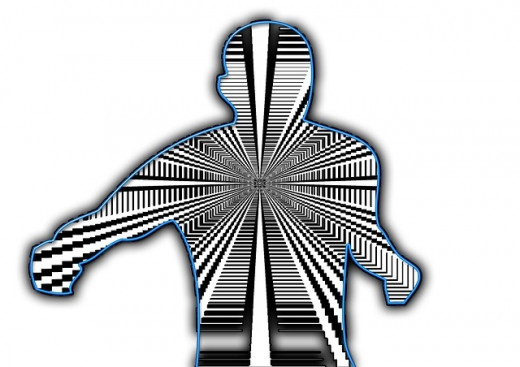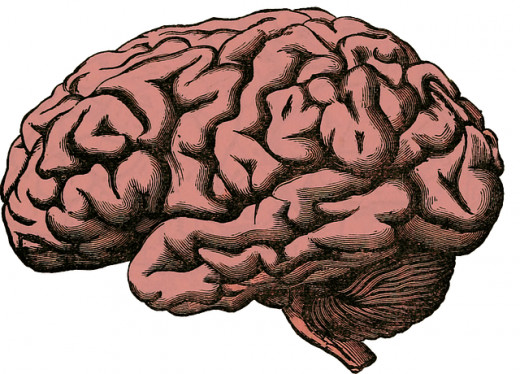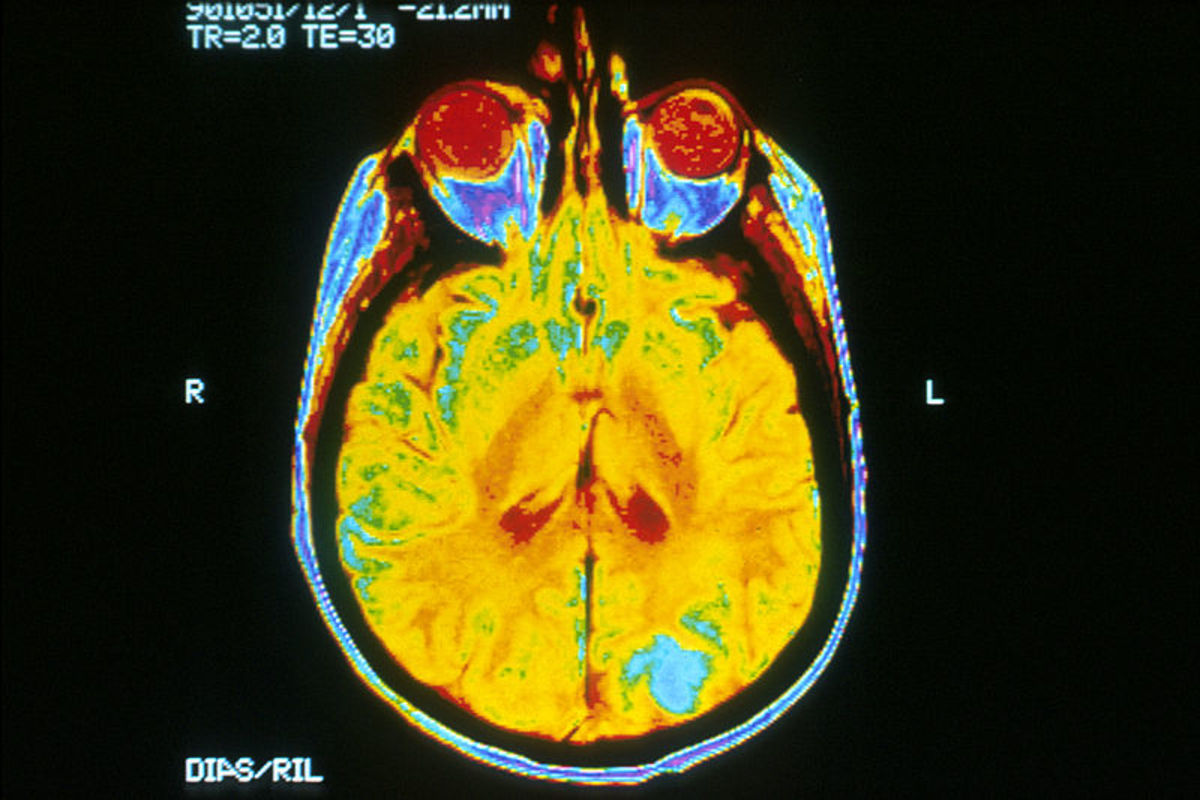Coping Strategies To Deal With Depression, A Common Mental Health Concern

The Question Is: What Is Depression?
On occasion anyone can feel what is termed as "the blues". Feeling sad is a normal reaction to a grave incident in one's life. Feelings such as these are typically short lived and pass within a few days. When an individual experiences depression, for example major depression, its effects can be painful in the areas of work, sleep, studying, eating and the overall enjoyment of life. The depression not only affects the sufferer, it affects family, friends and others who share a concern with the person. Depression is quite common, yet the one afflicted with it can feel isolated from others. There are those with depression who deny or postpone seeking treatment, even though they can benefit from it. Therapy, and there are two, are used to help people with depression, primarily to restructure their ways of thinking and reacting to life's events.
The first psychotherapy is Cognitive Behavioral Therapy (CBT). CBT shows the individual how to interpret his or her environment and interactions with other individuals by recognizing thoughts and feelings that distort perception. CBT encourages the person to view and change negative thought and feeling patterns, resulting in improvement.
The second psychotherapy is Interpersonal Therapy (IPT). This is where a psychotherapist meets with a patient on an individual basis. IPT helps the individual patient comprehend and work through difficult issues and relationships that contribute to the patient's deterioration of well being.
These two therapies are most effective in the treatment of mild to moderate forms of depression.

Are There Different Forms Of Depression?
Are there different forms of depression? My answer to that question is yes there are. As a matter of fact there are several. The first one I had already discussed. It was entitled major depression. The next one is called persistent depressive disorder. It is characterized by episodes of major depression along with periods of less severe depression. Its life expectancy usually lasts for two years.
Other variations of depression are:
- Psychotic Depression
- Postpartum Depression
- Seasonal Affective Disorder
- Bipolar Disorder
Psychotic depression is the combination of severe depression plus a form of psychosis. There is a break from reality as the patient experiences delusions, whether visual or auditory, based on disturbing false beliefs.
Postpartum depression is otherwise known as the more serious disposition of the "baby blues". When hormonal and physical changes come into play coupled with the new responsibility of caring for the newborn, it sets off feelings of being overwhelmed.
Seasonal affective disorder (SAD) is when the onset of depression arrives during the winter season. This type of disorder typically lifts as the onset of spring comes around. It is suggested that SAD can be treated with the introduction of light therapy, however as statistics show only half of the patients report improvement. Light therapy uses specialized light bulbs to enhance positive mood on the part of the intended recipient. Antidepressants and psychotherapy, either individually or with light therapy can result in the reduction of the symptoms of SAD.
Bipolar disorder was once known as manic depression. Its cyclic mood swings from extreme highs which is the manic state to extreme lows known as the depression state.
POINT OF EMPHASIS: Those who experience depression, a common but serious illness, need to follow through and obtain treatment in order to gain improvement.
More Detailed Reading
- Depression (mood) - Wikipedia, the free encyclopedia
Overall research discussing depression from the physical to the emotional. - NIMH · Home
The National Institute of Mental Health (NIMH) is the largest scientific organization in the world dedicated to research focused on the understanding, treatment, and prevention of mental disorders and the promotion of mental health.
Drug Therapy
Antidepressants: The discussion continues into another form of therapy. That other form of therapy we shall call drug therapy. Drug therapy is widely used in the treatment of mental illness. The most popular are the SSRIs, which is short for selective serotonin reuptake inhibitors. Some of the common names are: Prozac (Fluoxetine), Zoloft (sertraline), Lexapro (escitalopram), Paxil (Paroxetine) and last but not least Celexa (Citalopram). SNRIs Serotonin and norepinephrine reuptake inhibitors are Effexor (Venlafaxine) and Cymbalta (Duloxetine). These SNRIs are similar to the SSRIs.
Antidepressants primary function is to work on the neurotransmitters, or as they are more familiar in expression, brain chemicals. In the world of science antidepressants were discovered to enact on the particular chemicals involved in the regulation of a person's mood. There is no exact proof of how antidepressants work to alter mood.
As for the older antidepressants named tricyclics, they have fallen out of fashion with today's antidepressants due to the fact that their side effects were more severe. MAOIs, known as monoamine oxidase inhibitors, are the oldest. They are effective when treating the type of depression which is considered "atypical". Atypical depression, for example, is when an individual has the need for excess sleep along with an increased appetite.
WARNING: MAOIs if taken with SSRIs can lead to a condition labeled "serotonin syndrome" and can lead to life threatening side effects.
The View Of The Human Brain

Hypericum Perforatum
Hypericum perforatum commonly known as St. John's wort is a herb used to treat depression ranging from mild to moderate. It has been used for many centuries. The FDA has issued a Public Health Advisory letter mentioning the St. John's wort may interfere with certain other medications such as those that treat depression, seizures, heart disease, some cancers and medications employed to prevent organ transplant rejection. Oral contraceptives may lose their effectiveness when used with St. John's wort.
Electroconvulsive Therapy
When all else has failed for the severely depressed patient, the new and improved electroconvulsive therapy is used to relieve the patient's symptoms. "Shock therapy" as it was once called, has vastly improved since it was used on those particular severely depressed immigrants filing their way through Ellis Island a century ago. Nowadays the patient is prepped with a brief anesthesia and muscle relaxant. The patient then sleeps through the entire procedure. Several times a week the patient undergoes ECT. Still the patient is prescribed an antidepressant or another type of medication coinciding with the ECT treatments. Patients must sign an informed consent beforehand with the understanding of the potential benefits and risks.
IF YOU OR SOMEONE ELSE IS IN CRISIS: Call 911 or go to the nearest hospital emergency room. Ask for assistance from a friend or family member to help you in your state of crisis.
CALL THE TOLL FREE, 24 HOUR HOTLINE OF THE NATIONAL SUICIDE PREVENTION LIFELINE AT: 1-800-273-TALK (1-800-273-8255) TTY: 1-800-799-4TTY (4889).








